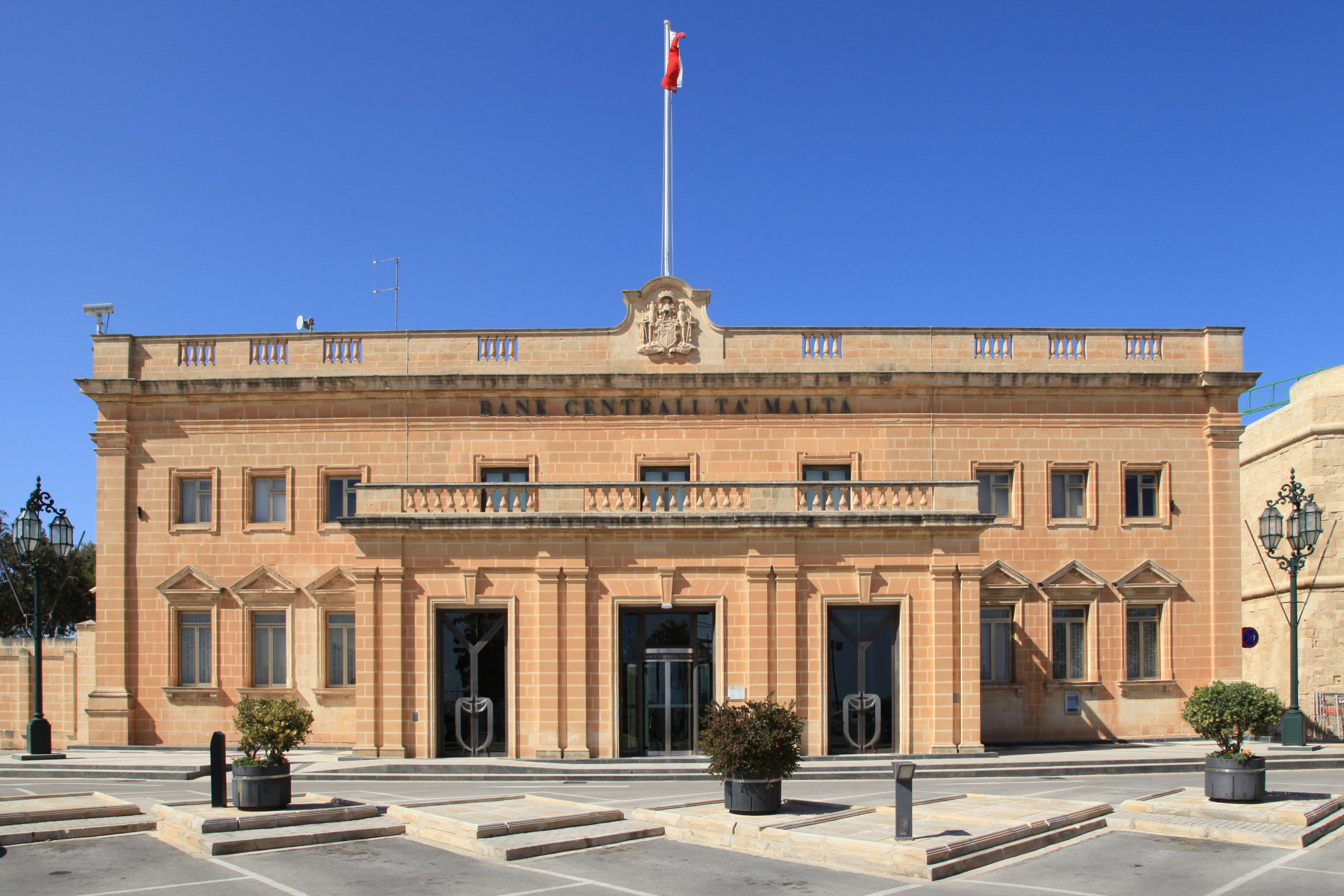New regulations on the use of cheques issued by the Central Bank of Malta (CBM) introduce significant limitations on what is described as “a highly inefficient payment product which is prone to anti-money laundering (AML) issues while being weak with its assurances both for the payer and the beneficiary”.
With local authorities taking action to tighten up the country’s AML regime to get off the global Financial Action Task Force’ (FATF) grey list, the regulations are part of an effort to ensure payments are conducted in line with international anti-money laundering expectations, and continue to be safe and effective to their users.
The CBM said the main focus of the regulation is to ensure that the cheque becomes a non-transferable payment instrument from the payer to the beneficiary.
The regulation also curtails the use of post-dated cheques while mandating banks to withdraw their services for users who repeatedly issue cheques which cannot be honoured by their bank.
It also prohibits service providers from encashing cheques for amounts above €5,000, with these now expected to be credited to the account of the beneficiary.
Cheques also cannot be issued for amounts below €20.
Meanwhile, service providers must ensure that all information related to cheques is retained for at least five years.
Users who breach any of these regulations are subject to fines up to €200 for each contravention.
The CBM says that the regulation aligns with the growing trend, indicated by respondents of surveys in Malta, to increase the use of credit transfers and direct debits, together with debit and credit cards, at the expense of cheques’ usage.
Directive No. 19, which includes these regulations, will come into force on 1st January 2022, and is binding on financial and credit institutions in Malta.
The CBM noted that the directive has been issued with the full collaboration of the Malta Bankers’ Association, which considers this to be a positive development which will decrease the possibility of such instruments being used for money laundering purposes.
The association also believes that, through common regulatory provisions, this will instil certainty in the use of the products within the scope of the new directive for both users and service providers.
The MBA said that the implementation of this directive would irrevocably change the nation’s payments landscape and ensure a further shift to more efficient modes of payment, in line with the objectives of the National Strategy for Electronic Payments of August 2018.
Hailing the “excellent cooperation during the consultation stages”, the association said its members commit to work closely with the bank to ensure an effective implementation.
The Central Bank has already engaged with various stakeholders, including service providers, to ensure that the transition to the new rules is effective, and noted that service providers have over the last two years proactively introduced a number of the measures in this directive.
A comprehensive communication campaign is being launched by the bank, the MBA and the MBA’s members in the coming months to ensure that the public becomes aware of its rights and obligations under the new rules.
The campaign will also be providing practical information on the implications of the new provisions while ensuring that service providers will promote the respective alternative means of payment methods available in time for users to prepare for the January 2022 deadline.
Directive 19 can be found here, and a guidance note to service providers can be found here.
The CBM has set up a dedicated email – directive19@centralbankmalta.org ¬- for any queries.
Changes coming into force on 1st January 2022:
• Cheques will only be encashed or credited to the person named by the payer
• Cheques cannot be dated to a future date, and may be accepted in any case if presented before that future date
• Cheques over €5,000 can only be deposited into the beneficiary’s own account
• Cheques cannot be issued for amounts below €20
• Cheque facilities will be withdrawn if cheques are repeatedly issued that cannot be honoured.
• Service providers will ensure that all information related to cheques is retained for at least five years
• Users who breach the regulations are subject to fines up to €200 for each contravention.
Malta’s next leap: Secured
How ESET delivers enterprise-grade security to meet Malta’s digital ambitions
Mastering the language of business: How BELS is crafting bespoke training for a dynamic economy
BELS Malta Director of Studies Arianna Muscat on how the language school helps companies equip their teams for success.
Built differently – CLA Malta offers custom solutions in a cookie-cutter landscape of tax advisory and business
Their client-centric philosophy extends far beyond conventional consultancy.






